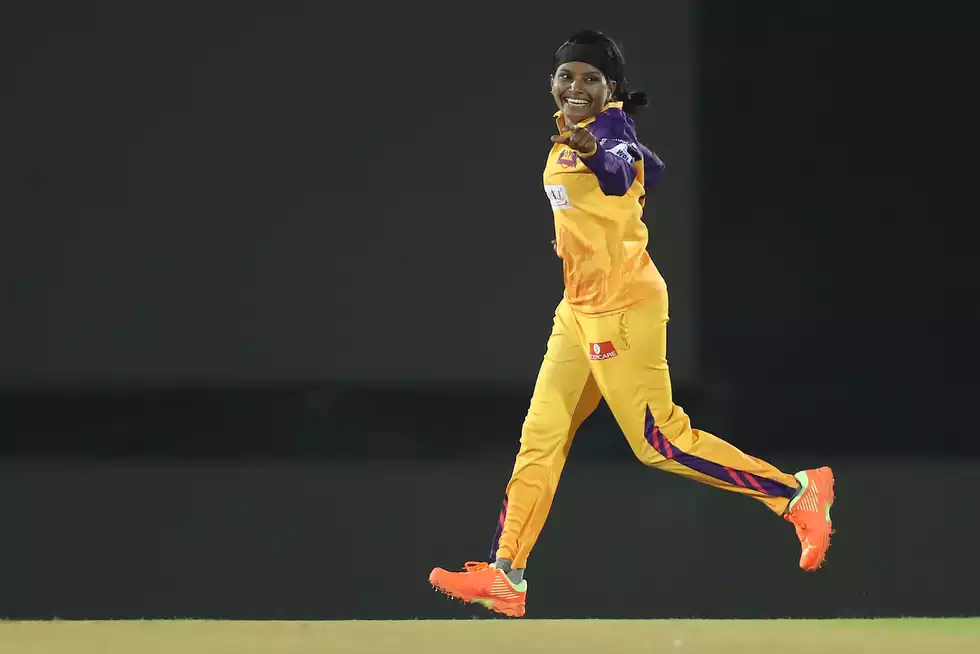Furthermore, how frequently have openers reached hundreds off back-to-back balls?
Is Mitchell Marsh the first player from Australia to score a century in the World Cup and take five wickets? asked Australian Dechlan Brennan In his World Cup debut in 2015, Mitchell Marsh got 5 for 33 against England in Melbourne. In the ongoing round, he hit 121 against Pakistan in Bengaluru.
In fact, he is the only Australian to accomplish this double during the World Cup; just three others have done it worldwide. In 2019, Yuvraj Singh and Kapil Dev of India each have one century and a five-for, respectively, while Shakib Al Hasan of Bangladesh has two hundred and fifty.
A few players have gone close, none of whom are Australians: Jimmy Neesham of New Zealand and Curtis Obuya of Kenya are the two with a five-for and a top score in the nineties. Eight other players have taken four wickets in an innings and scored hundreds of runs in World Cup matches.
Despite giving up 92 runs in the match against Sri Lanka, Marco Jansen emerged victorious. Was this something on file? asked Indian Mirza Chowdhury
In a recent match in Delhi, South Africa’s lanky left-arm seamer Marco Jansen struck for 92 runs in his ten overs, but his team still won by 102 runs. This beats Kevin O’Brien’s World Cup record of 2 for 90 during Ireland’s win against Zimbabwe in Hobart in 2015. A few days after Jansen, Mitchell Starc came very near, going 0 for 89 in Australia’s tight victory over New Zealand in Dharamsala.
Three bowlers have finished on the winning side in all ODIs despite giving up more runs than Jansen. The Indian medium-pacer Vinay Kumar tops the list after hitting 102 in just nine overs during a match against Australia in Bengaluru during the 2013–14 season. Even so, Rohit Sharma’s 209 runs enabled India win by 57 runs.
In Durban in 2016–17, South Africa beat Australia with Dale Steyn taking 2 for 96. In Southampton in September 2017, England’s Jake Ball finished with 94 runs in a convincing win over the West Indies. In Kanpur in 2017–18, Bhuvneshwar Kumar of India also gave up 92 runs in an ODI innings against New Zealand.
In Afghanistan’s World Cup match against England, every one of the 22 players scored a goal. How uncommon is this? questioned Englishman Dennis Clarke In the World Cup encounter between Afghanistan and England in Delhi, every player (all 22 of them, to be exact) scored at least two runs off the bat. This was the first time it had occurred during the World Cup, but it was the 27th time it had occurred in all one-day internationals.
In T20Is, this has only happened once, in a low-scoring game in Al Amerat, Oman, in February 2022 between Nepal (111 for 9) and Ireland (127).
Against Pakistan, the Australian openers reached their hundreds in a row off consecutive balls. Has this ever occurred before? questioned Australian Ronald Kamphuis and a few others
In Bengaluru, David Warner and Mitchell Marsh scored hundreds of runs in the 31st over of their match against Pakistan, off consecutive balls from Mohammad Nawaz.
Three such instances are known to exist, one from the 2015 World Cup in Hobart, where Sri Lanka’s Kumar Sangakkara and Tillakaratne Dilshan scored three figures off consecutive balls from Scotland’s Kyle Coetzer. It had previously occurred in December 2009 in Kolkata (between Gautam Gambhir and Virat Kohli, who scored his first international century for India against Sri Lanka) and at Docklands Stadium in Melbourne in August 2000 (between Steve Waugh and Michael Bevan for Australia vs South Africa).
This response is accompanied by the standard disclaimer that there might be some more occurrences prior to 2002 because ball-by-ball information for the majority of matches played before then is not available in our database.
Has any nation played a poorer World Cup defense than England this year? questioned Englishman Nick Johnson
Though the math is against them following India’s loss, England could still surprise us as the qualifying round isn’t over yet. There will undoubtedly be several words written about why the holders didn’t execute this time.
The worst World Cup defenses in history have typically occurred in the 1990s. In 1992, Australia held the title and participated in all but one of their matches at home. Despite this, they ended up sixth in the qualification table and were unable to advance to the semi-finals. Pakistan prevailed in the match, but lost in the quarterfinals in 1996. They had also played the most of their matches at home, despite the fact that India’s quarterfinal loss took place in Bengaluru. That year, Sri Lanka emerged victorious; however, in 1999, they only managed two wins in group stages and were unable to advance to the Super Six stage in England.
In 2011, India defeated the reigning champions Australia in Ahmedabad, taking them out in the quarterfinals.
Aside from this, the winners have consistently advanced to at least the semifinals; the West Indies (in 1979) and Australia (in 2003 and 2007) have both effectively defended their titles. It’s usually preferable to start with this table if you wish to conduct your own study.
Some of the answers above were assisted by ESPNcricinfo’s stats team member Shiva Jayaraman.


